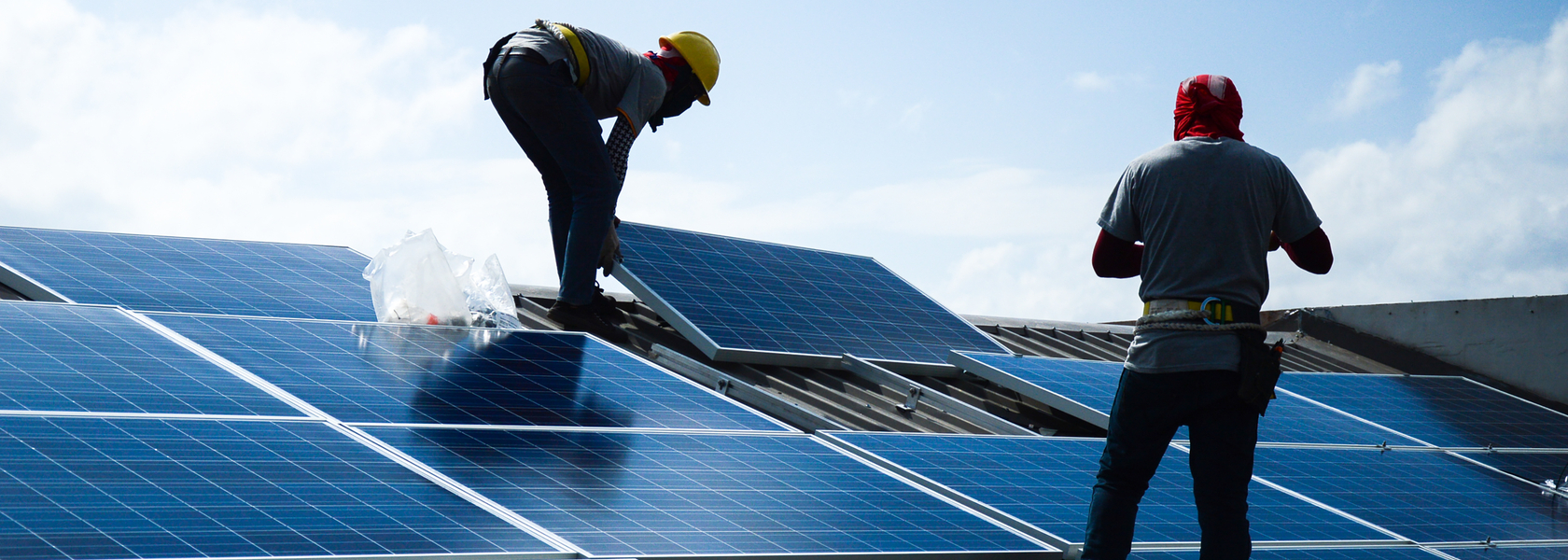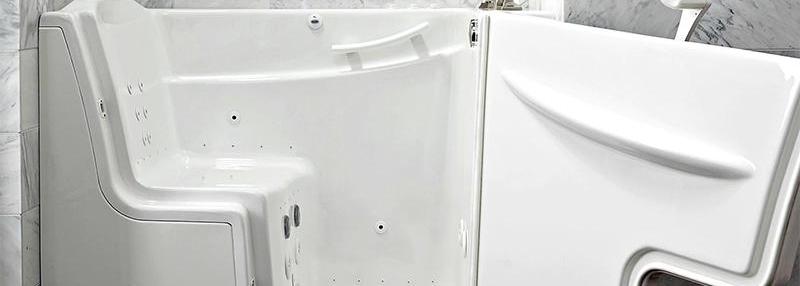The future of human survival depends on creating better energy options. We as a species have been dependent on fossil fuels to sustain our civilization. But the status-quo cannot continue for long, already experts are ringing alarm bells over drastic climate changes, melting polar ice, expanding deserts and increasing carbon emissions — we as a species need to develop better, cleaner energy and energy storage sources. Otherwise, the impending environmental catastrophe[i] will put this planet and the survival of homo sapiens at risk.
The Energy Transition Commission (ETC) — a body designated the role to provide a feasible transitory process where our civilization makes the transition from fossil fuels towards cleaner sources of energy. The Commission has estimated that in order to meet the marked red-line of 2 °C temperature fluctuation limit, a sharp decline in the usage of fossil fuels has to be made. The Commission suggests that in order to meet the deadline by 2040, fossil fuel will have 60%[ii] of our energy share. Furthermore, with the rising population other than creating extra burden on the power grids, the rising cost of utilities will reach gigantic proportions. Both at individual and social level, the rational option is to switch towards greener, cleaner and self-sufficient options of energy.

Solar Energy
Solar energy is created in our sun. The sun is essentially acting as a gigantic nuclear power plant. The energy produced by the Sun leaves its surface in the form of photons, this energy is practically infinite, theoretically this humongous amount of energy can be used to power the whole World.
How do solar panel(s) work
Basically when the photons reach Earth and hit the solar panels, electrons found in the solar cells of the solar panels are knocked around and in-case some conductors are attached with the both charges of the solar cell, then an electrical circuit is created[iii]. You have to remember that the solar panels contain a lot of these cells. Depending on the amount of solar panels connected, a tremendous amount of energy can be produced.
Benefits of Solar Panels
Solar Panels can have tremendous long-term and short-term benefits. Some of these are:
- Freedom from power failures. Whether you chose to use the solar panels as the main power source or just as a back-up. In areas where power failures are a frequent occurrence, solar panels will provide immunity to such hiccups and provide continuous electrical supply. This is especially useful if you live in a part of World where power failures are a routine.
- No more paying for electricity. Having solar panels installed in your home enables you to make your own electricity, which can result in tremendous savings. Other than the one-time costs of installing the solar panels and inverters, there are no additional recurring costs of solar panels. With the rising costs of utilities and inflation, installing solar panels is practically a no-brainer.
Solar Energy is amongst the most effective, readily available and easy to manage renewable sources of energy. Solar energy is the only energy source which is readily available in most corners of the World. It is one of the least disruptive natural energy sources in the World. Installing solar panels, is a contribution to easing the environmental burden on the planet through decreasing the amount of greenhouse emissions.
While, generating electricity is the most common usage of solar energy, however it is not the only possible utilization. Solar Energy has some very diverse applications[iv], including generation of thermal energy. Solar panels are also used to distil water in remote areas. Furthermore, with the advancements in solar panels, there are options to integrate them into construction to make the structure more energy efficient, environment friendly and environmentally controlled buildings. Some designs of solar panels offer aesthetic value to the buildings as well. With the advances in solar panel technology, window shaped solar panels have been created which offer minimally intrusive options of installing solar panels. With solar panels, the bigger the structures gain tremendous savings with installing solar panels, these savings can turn gigantic as the years progress.
One of the biggest catches with installing solar panels is the low maintenance costs. Except for changing the inverter every 5-6 years, no other part is subject to wear and tear. Good solar panels are generally offered with warranties of up to 20-25 years, other than keeping them fairly clean, there is no other maintenance that is required. You can do the solar panels cleaning DIY or hire one of the many specialized companies offering the services for nominal costs. Either way, with a couple of cleanings a year you are good to go.
[i] Dunchek, Melissa. “Fossil Fuels: The Dirty Facts.” NRDC, June 29, 2018. https://www.nrdc.org/stories/fossil-fuels-dirty-facts
[ii] Næss-Schmidt, Helge Sigurd. “Energy Transition Commission The Future of Fossil Fuels.” Copenhagen Economics, accessed April 17, 2019. https://www.copenhageneconomics.com/publications/publication/the-future-of-fossil-fuels
[iii] “What is solar energy and how do solar panels work?.”Sun Power Corporation, accessed April 17, 2020. https://us.sunpower.com/what-solar-energy-and-how-do-solar-panels-work
[iv]“Pros and Cons of Solar Energy.” GreenMatch, March, 10 2020. https://www.greenmatch.co.uk/blog/2014/08/5-advantages-and-5-disadvantages-of-solar-energy”


